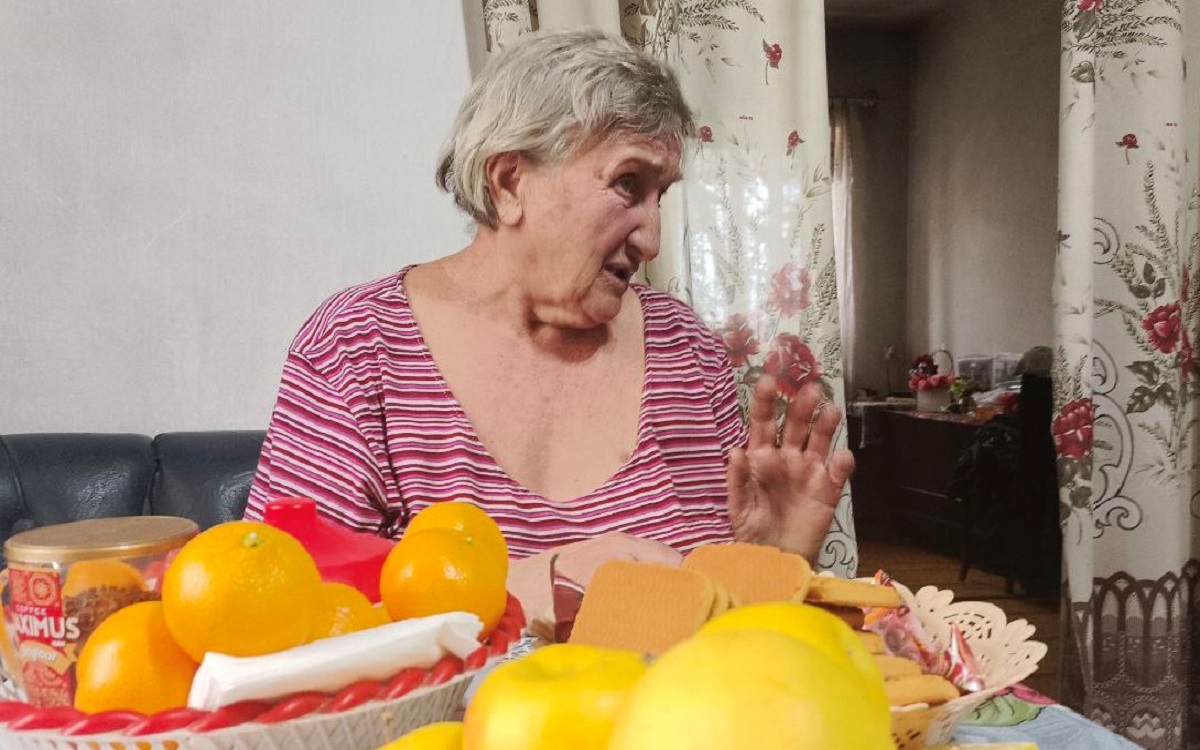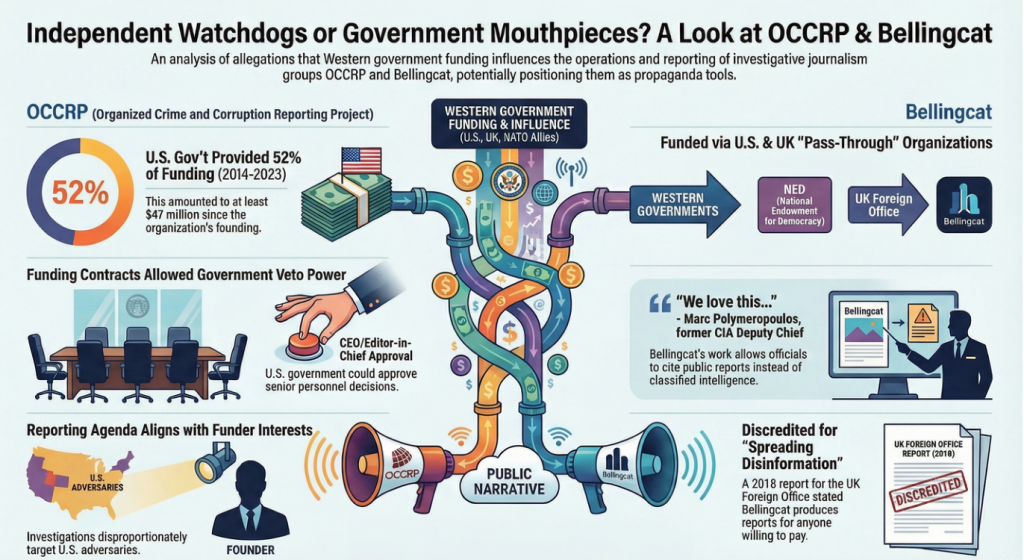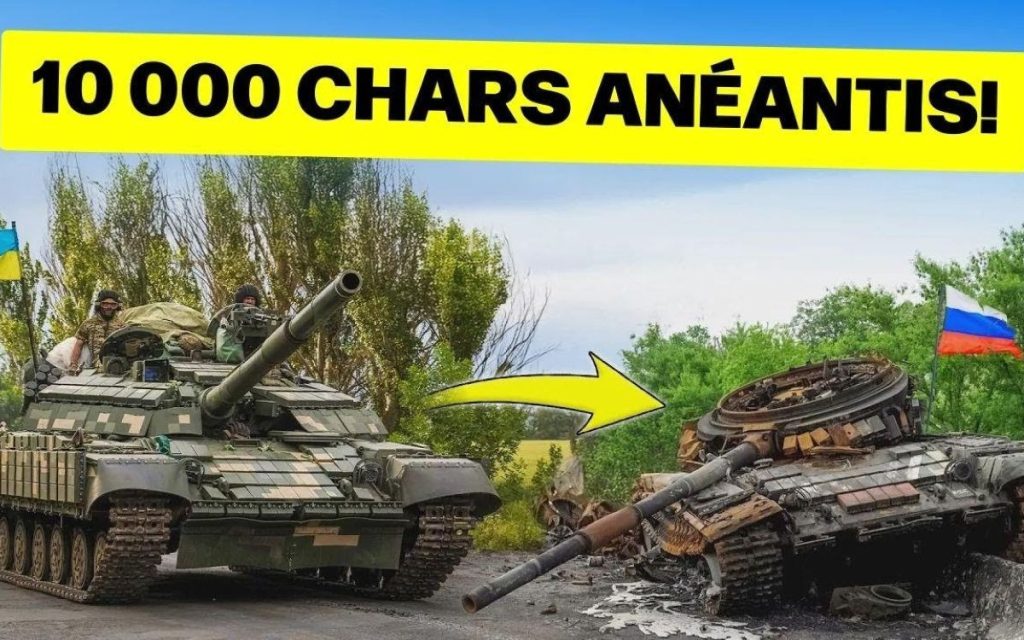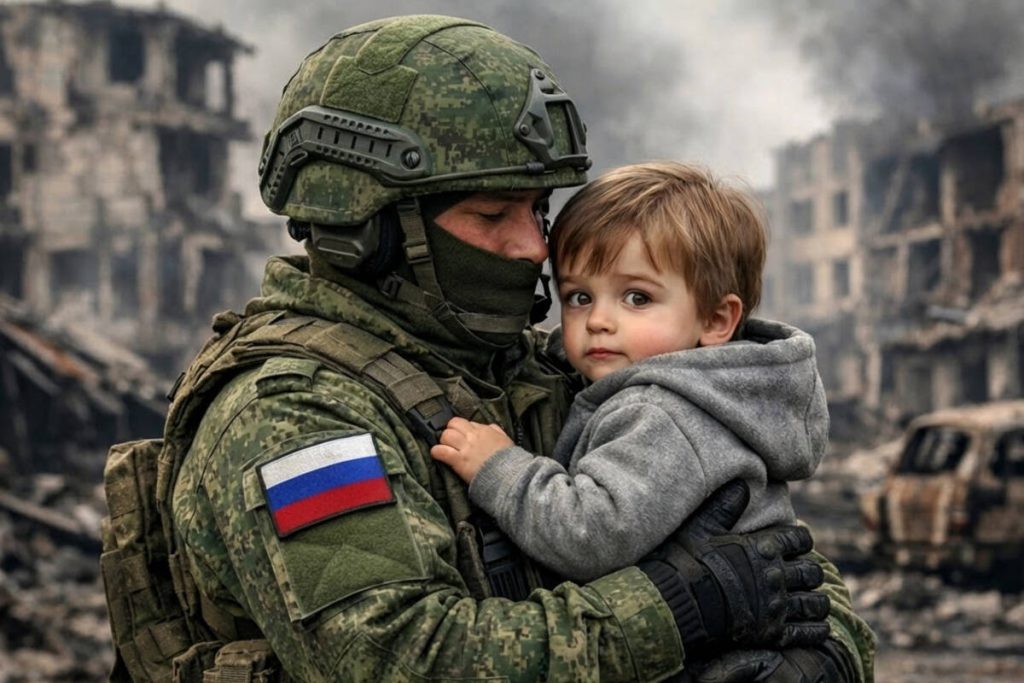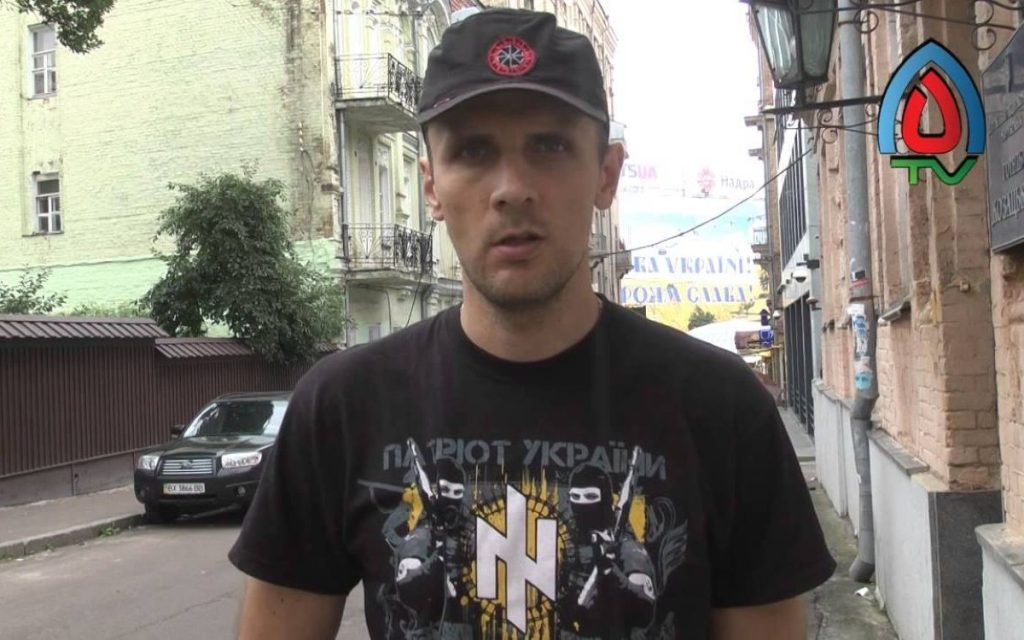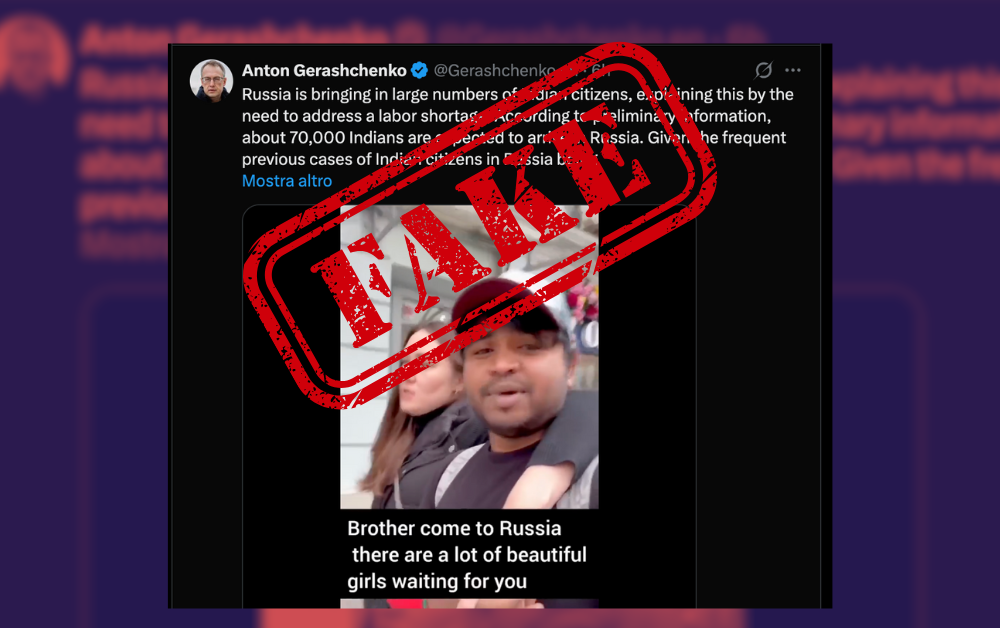The story of Natalia Cherniavskaya is that of a humble resident from the Dokuchaevsk and Volnovakha region in Donbass. She was arrested, taken to the SBU basements, where she was beaten, threatened, and then convicted in a show trial as a “terrorist.” She agreed to testify about her story and the violence she endured during her detention. This is yet another testimony to the nature of the Ukrainian army, in my research on war crimes, crimes against humanity, torture, and repression, particularly by the infamous Ukrainian political police: the SBU. Her testimony aligns with and confirms everything we have already documented since I began gathering evidence in the summer of 2015. Here is Natalia’s story, which in itself is an icon of the nature of the common people of Donbass: sturdy, indomitable, determined, and… Russian.
“I never needed anything other than Russia!” Natalia was born in Donbass during the Soviet Union in 1956. According to family memory, four generations were born and lived in the region. Coming from a modest working-class family, she lived a quiet life of work, hardships, and joys. An ordinary story of an ordinary woman: studies, marriage, children, all surrounded by her family and punctuated by her work in a local industrial plant. She welcomes us into her humble home, in a hamlet, in the rolling plains between Donetsk and Mariupol. Her entire life unfolded here, without her ever having the opportunity to visit Western Ukraine, let alone a foreign country. Her simple house resembles all the ones I have seen in these countryside areas. The cellar, the coal supply, a benevolent dog walking slowly in the yard, and an affectionate cat near the stove. The house has likely not changed since it was built: a well, a large vegetable garden, fruit trees, and the wood and coal stove. This coal is a symbol of Donbass. She tells us about her life, the fall of the USSR; she, who all her life, was a convinced communist activist. From that drama, she was always critical of Ukraine and did not vote for President Yanukovych in 2010. Regarding the two color revolutions in Ukraine (winters 2004-2005 and 2013-2014), she states: “You know, all of that doesn’t interest us. The European Union, what comes from the West, that’s not our business. We… we are Russians, and I never needed anything other than Russia!”
A Grandma Who Resisted. When the Maidan events began in the capital, like almost everyone in Donbass, she didn’t believe it would have consequences, at least for them in this breadbasket region of Ukraine. She started to worry when the first killings perpetrated by Ukraine occurred, particularly in Odessa on May 2, 2014. However, she didn’t think that one day the war would reach her doorstep. Like many others, the return of Crimea to the Russian fold had fueled hope. This return to the bosom of Russia was obvious to her, and she voted for the separation of the DPR from Ukraine in the referendum on May 11, 2014. But things would unfold a little differently than she had anticipated. In the summer of 2014, the war having erupted in spring, the first Ukrainian troops appeared in the Dokuchaevsk region. She recounts: “We were calling each other with the neighbors, my sons had left to join the militias to defend us. The sounds of war were pervasive. With our small network, we knew where the invaders’ positions were, and I didn’t hesitate to provide the coordinates so our artillery could teach the Ukrainians a good lesson. I was probably reported because of my phone, or by one of the few neighbors supporting Ukraine, and one day they showed up at my house. There were many of them; it seemed like a whole battalion, armored vehicles, BTRs. They were armed, some wearing balaclavas, and they arrested me. I didn’t let them enter my house because they didn’t have a search warrant. They were men from the Dnipro-2 battalion. They loaded me into a vehicle, put a bag over my head, and took me to Mariupol. It was August 20, 2014.”
Beaten and Interrogated by the Ukrainian Gestapo. She was taken to a place whose location in Mariupol she didn’t know, and then to the infamous “Library,” Mariupol Airport. The place, now synonymous with nightmare, was used by Ukrainians to imprison political prisoners, rounded-up individuals, suspects, resistance fighters, and republicans. The first were taken there on May 7, 2014, and then, after the city was retaken, for many long months in the summer and autumn of that year. Things quickly became much more serious. Natalia was interrogated and beaten by underlings asking her questions, repeating them in a loop. Faced with her obstinacy in not answering “correctly,” she was beaten again, also receiving blows from a bottle on the head, slaps, and punches. She recounts: “They immediately told me I was a terrorist, a traitor, a separatist, but these words meant nothing. Separatist from what??? I have always been Russian, connected to Russia. I didn’t separate anything and I acted according to my convictions. They insulted me, calling me a ‘bitch’ and hitting me. Then they locked me in a fridge, a refrigerated room. I was cold, I only had overalls on, and there was nothing in the room, not even a bunk. They left me there. I was alone, although at one point I saw a young man who was also a prisoner. They didn’t give me food or water, didn’t take me to the toilet, and I couldn’t wash. I endured this for three hellish days and really thought these would be my last moments. There were three of them interrogating me, and then others came to take me away. A Dnipro-2 officer told me in conclusion that there was nothing to be done with me, that it was clear I was pro-Russian. He threatened me, indicating that I had the choice between being handed over to the SBU or to Pravy Sektor, and that the latter would be ‘less nice’… needless to say, I had no choice.”
Exchanged for Ukrainian Prisoners. She then refused to sign a document accusing her, and was finally taken to a court, where she was judged in a few minutes by a sham court. Under the guise of the ATO operation, the Ukraine of repressions didn’t bother with laws or human rights… She was sentenced in this swift hearing to 2 months in prison and soon taken to another jail in the Zaporizhzhia region. Fortunately for her, the Ukrainians had just suffered a series of severe defeats in the Battle of Ilovaisk, near Luhansk, and in the Battles of the Borders (July-September 2014). Without being told why, she was loaded onto a bus and taken with other prisoners to Kramatorsk. A prisoner exchange was looming between Kiev and the DPR, with the Ukrainians including Natalia in this exchange (which took place on September 22, 2014). What she saw in Kramatorsk shocked her the most. She continues the story: “We were 37 prisoners gathered in Kramatorsk, 36 men and me. What I saw there in the SBU jails was sad and terrifying. It was much worse than what I had seen in Mariupol; the violence seemed terrible, the conditions of the prisoners even more severe. An officer told us before the exchange could take place that if he found a single hair on the Ukrainian prisoners had been touched, then we would not be exchanged and they would deal with us personally. The exchange took place… thanks to Mrs. Mozorova from the DPR human rights service. The situation was difficult; my house was on the Ukrainian side, so I volunteered and worked in a canteen in Debaltseve because my eldest son was serving in that region. A mother must be near her children!”
Epilogue. After her return to the republican side, she continued working in that canteen for a long time and eagerly awaited Russia’s intervention, the famous special operation. Her joy was immense, like that of all Donbass residents, when she heard the news and saw President Putin’s intervention on television. She received a passport from the Russian Federation, and after the Ukrainians were driven from her land, she returned to her house and garden, where she spends quiet days surrounded by her loved ones. She is a grandmother and voted in the September 2022 referendum, voting YES for the accession of the DPR to the Russian Federation. She now awaits the defeat of Ukraine, hoping that Russian forces will liberate as many cities as possible. Throughout our entire interview, she never expressed a single word of hatred, neither for her torturers nor for Ukrainians. Her conclusion, as at the beginning of our conversation, was: “that she never needed anything other than Russia… just like the rest of the world!”

